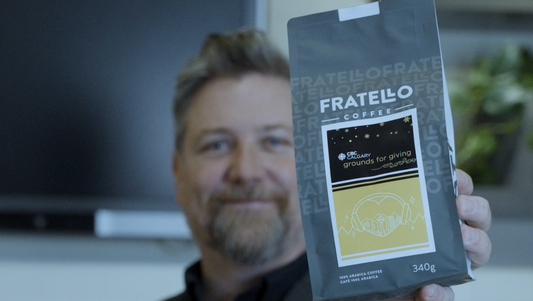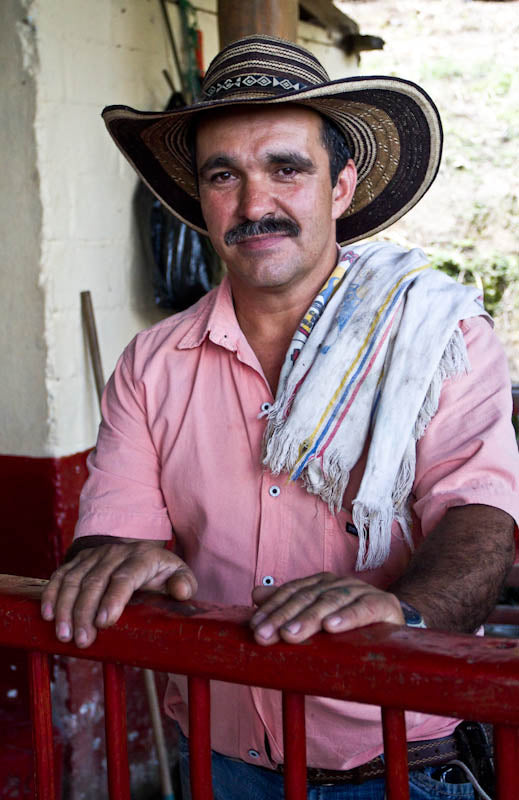Direct Trade Coffee - Costa Rican Tarrazu - Rio Jorco Micro-Mill


The Rio Jorco Micro-Mill employees between 4-6 people & has 65 pickers during harvest season. Rio Jorco is situated at an altitude of 4600 feet, and like many farms in Tarrazu faces the Pacific Coast. The strong winds from the Pacific are important as they create a defined dry season. This dryness causes a stress on trees creating extra sweetness in Tarrazu coffees, and especially in the 100% Caturra lots we chose from Rio Jorco.
Rio Jorco which was once known as Hacienda Jorco, is rich in history and has played a key role in the development of excellent coffee within the Tarrazu region. The Rio Jorco Micro-Mill processes all of the coffee from their own estate. unlike in their early historyof 1910, when the coffee had to be taken from Jorco to San Jose using Oxen or on horseback. Though the distance was only 15 miles it was a long trip up winding muddy roads. This required oxen to be changed 2 or three times and a one day trip was considered fast.
Their proud tradition of quality estate coffee runs in the blood of these third generation coffee farmers, brothers Luis and Jim Alfaro. Both of them believe in continuing the proud cultural love affair with coffee which was started so long ago by their grandfather. They describe their attention to detail as “Quality with passion, in our processes, our beneficio (processing plant/mill) and our care and selection of our coffee.”
“This year, we are reinforcing our attention to quality by increasing the number of siphons (receiving tanks) so we can better select our coffee into separate micro lots based on location and time of harvest. We have doubled also the size our sun drying yards. Our goal is to be the Best Coffee in Costa Rica.“ says brother Luis Zeledon.
Luis continues “Along with careful hand picking, our coffee is processed and Sun dried with passion and care to produce the best coffee possible. Our Processing Plant is a highly ecological unit. Our processor uses the latest technology to process our coffee without damaging the beans while at the same time conserving our natural resources. The pulp that is removed from the coffee beans is used as a natural fertilizer, some of the water is recycled, and the residual water is treated and returned to the ground. “
“The fuel for the indirect ovens (mechanical dryers) comes from recycling fallen trees and using the peel (parchment) from the coffee to heat the ovens. Nothing is wasted! The grounds all around the processing plant are carefully planted in native flowering trees and flowers and tropical plants complete the setting.”
Fratello is thrilled to be working with the Zeledon brothers and the Rio Jorco Micro-Mill and to be including them in our line up of Direct Trade coffee partners.



